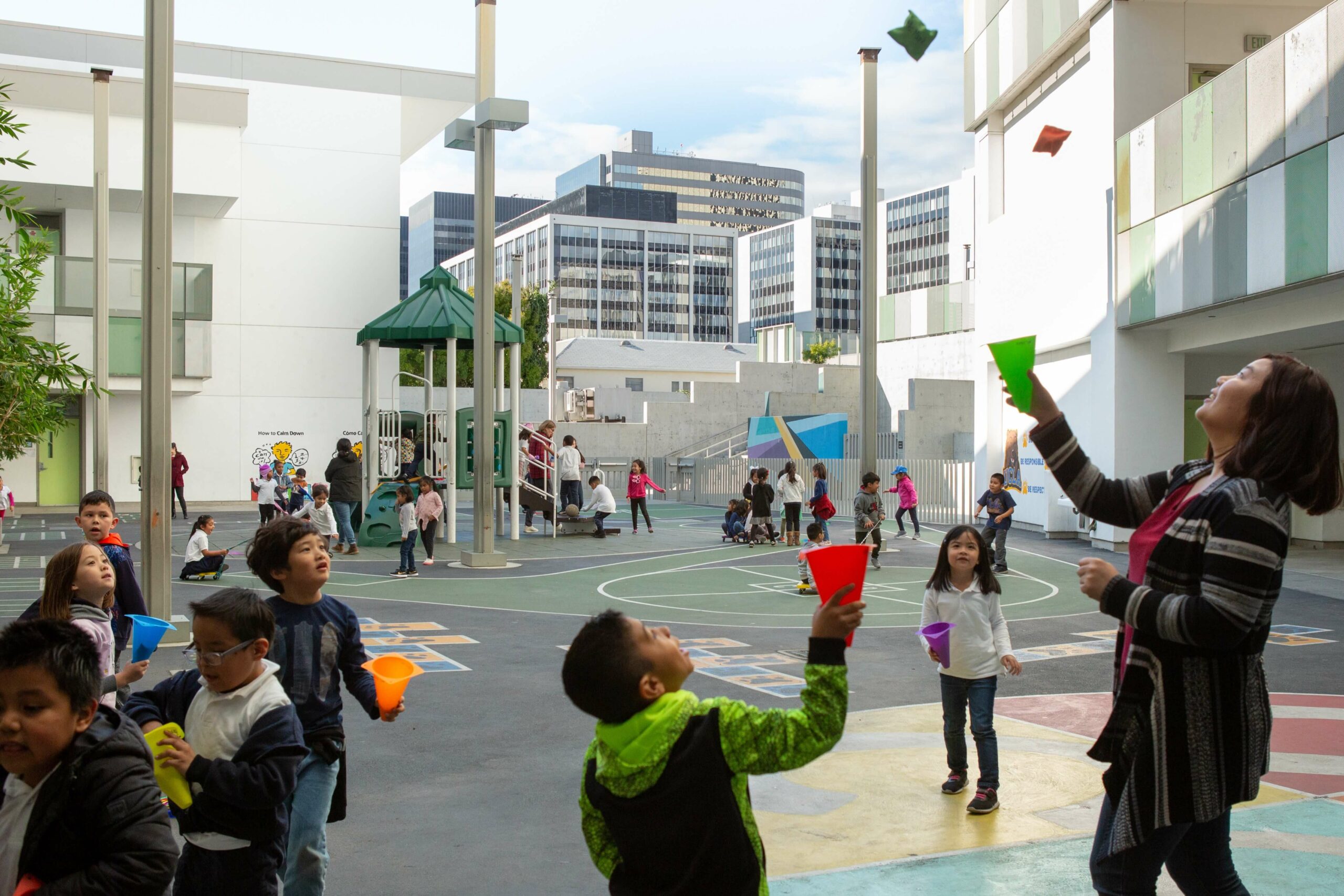ELEMENTARY
SECONDARY
K-12 EDUCATION
LITERACY
Interdisciplinary Instruction
Pre-Student Teaching
Early Childhood
EDUCATION ABROAD
Special Education
ARTS EDUCATION
MIDDLE GRADES
Social Foundations of Modern Education
Dr. Miriam Marguerita Gomez Witmer
CRSE Competencies
